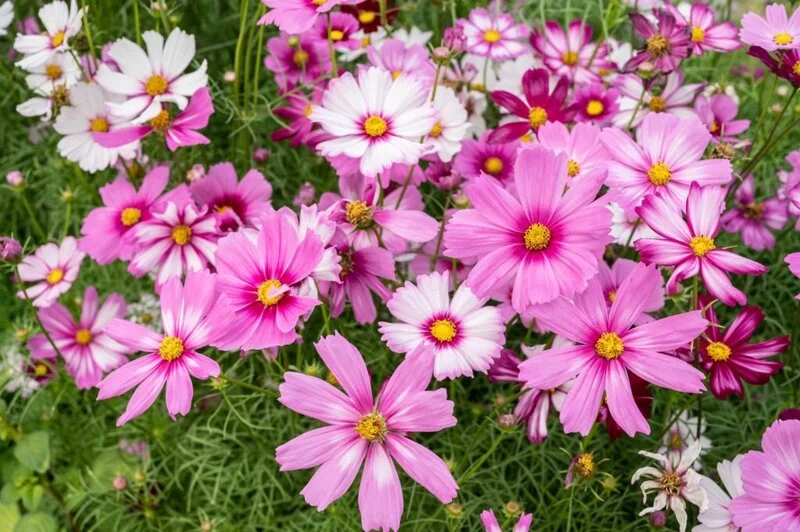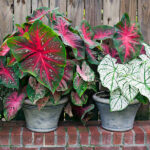Gardens and the creatures they attract engage in a delicate dance. One such waltz has the elegant deer and the stunning cosmos flowers that frequently appear in our yards. Naturally, we gardeners want to know if deer eat cosmos. When planning a landscape that will be enjoyed by humans and local wildlife alike, it is essential to take into account the dietary preferences of our deer companions. Let’s investigate this intriguing question.
Understanding Deer Diet
Deer, the kind, innocent-looking animals we typically see in the wild, are just like us when it comes to food: they like to try new things. Deer are known as opportunistic feeders because they eat almost anything they can get their mouths on, including a wide variety of plants, leaves, and twigs. They’re not picky eaters and will eat what’s available. However, they do have preferences, and knowing these can help us protect some plants in our gardens from being nibbled.
Introduction to Cosmos
Cosmos are like fireworks in the flower world. Their brilliant hues and eye-catching flowers will make any garden shine. They give a touch of whimsy and fun as they sway in the wind, and the nectar-rich flowers are a magnet for pollinators like butterflies and bees.
What about deer, though? Do they find these colorful blossoms to be enticing? That is the mystery we hope to unravel. By studying how deer and the cosmos interact, we can get insight into striking a happy medium between creating an aesthetically pleasing garden and providing a safe haven for native flora and fauna.
Do Deer Eat Cosmos?
The billion-dollar query at hand is whether or not deer consume cosmos. The answer, however, is somewhat convoluted. While deer often have preferences, they are often less picky when they are hungry. A deer’s first pick of food is not likely to be a cosmos if there are more appetizing options. In times of scarcity, though, deer may determine that cosmos make for a tasty snack.
Doe and fawn are opportunists, so keep that in mind. While deer may pass up cosmos in favor of more desirable foods, these showy blooms can be turned into a meal when times are bad. Cosmos are not deer-proof, even if they may not be on a deer’s want list.
How to Protect Cosmos from Deer
You may be thinking, “How do I keep my cosmos safe?” if you live in an area where deer are a concern. Don’t fret; you have a few options. Deer fencing can be put up around a garden or flower bed to keep the animals out. Even though it’s not the most aesthetically pleasing option, sometimes it’s the best one.
Deer repellents, available as sprays or granules, are another choice. These products typically have an odor that is offensive to deer, preventing them from feeding on your vegetation. Last but not least, think about putting in some deer-proof plants next to your cosmos. Lavender and marigolds, for example, are less tasty to deer and can serve as a deer barrier in your garden.
Conclusion
It’s amazing to watch how our gardens and the creatures in them interact with one another. The many different foods that deer eat are a good example of how unpredictable and adaptable nature can be. Even while cosmos isn’t usually on these beautiful animals’ menus, it can become a meal if nothing else is available.
But we gardeners can take action. We can safeguard our universe and make sure our gardens can cohabit with the local species by using a variety of instruments at our disposal, including fencing, repellents, and ingenious planting tactics. It’s all a part of the symbiotic dance between human beings, the gardens they inhabit, and the wondrous wildlife with which we share this planet. Enjoy your gardening!


